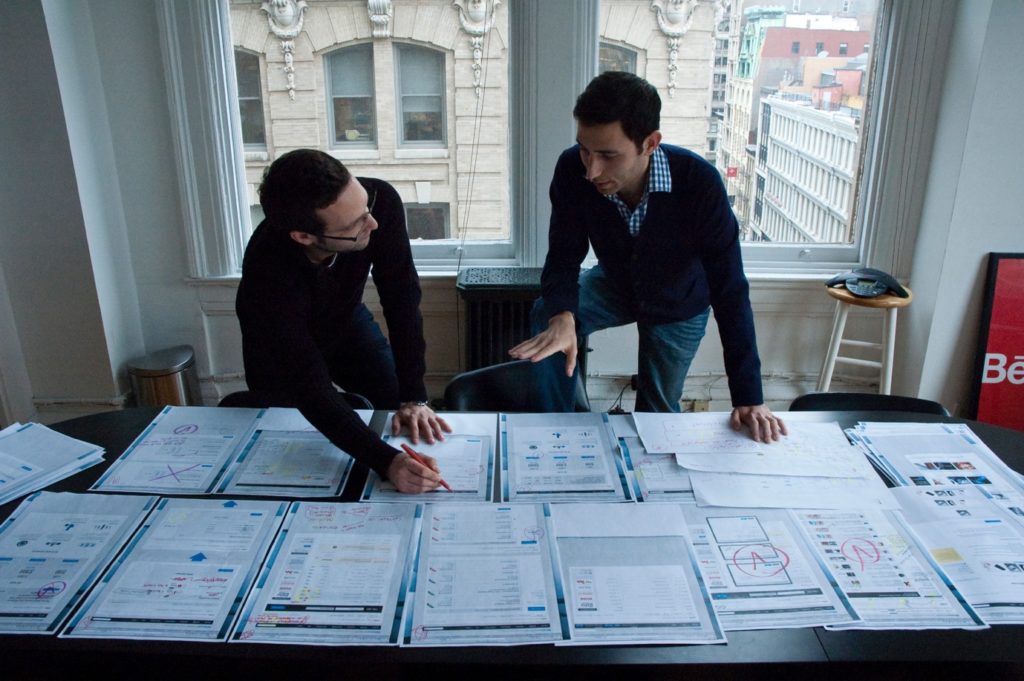At this year’s Web Summit, creativity was key. The transition to remote work in 2020 forced major change, but it also inspired major creativity. Innovation was a driving force in the continued success of many businesses. Some businesses became PPE providers, some became grocery delivery services, and others went back to the basics to keep company culture alive.
With the year coming to close, Web Summit panelists recapped lessons on creativity and remote work that can take us through to 2021.
1. Communication is Still Key

Company culture is key to building trust in any organization. And in a remote work environment, many business leaders decided to double down on communication to keep trust flowing.
In his talk “Working Together Apart: Building Swift Trust,” CEO at Stack Overflow Prashanth Chandrasekar reminded us of the importance of building strong businesses from the inside out.
For him, it’s important to be “approachable to answer questions, especially in the remote world. You shouldnt be limited to that one meeting or town hall.”
But business leaders still need to be careful to not over communicate. If you overwhelm your team with information, you’ll only make it harder to get your message across.
“There’s a balance between over communicating to make sure you’re all on the same page and being bombarded with information. It’s really about finding what’s the right approach for your organization depending on your goals – whether that’s growth or something completely different.”
2. Digital Transformations Make Creativity More Valuable

Digital transformations are great at boosting productivity with more efficient processes, especially in a pandemic that keeps people at home. But for the workforce, automation can be scary.
In his talk “Creativity is the new productivity,” Scott Belsky, Chief Product Officer at Adobe acknowledges that fear.
“We’re entering this age where productivity will be performed more by bots and artificial intelligence. So what do humans now do to stand out when machines can yield more productivity than humans?”
But, he sees a silver lining.
“Humans are uniquely able to produce creativity. We must outfit people – the workforce – to be more creative. Creativity is for everyone, not just those in creative fields.”
As much as automation can drive efficiency, it can’t replace the creativity of humans. Belsky believes the solution is to prioritize creativity in all fields. With productivity taken care of by automation, success in the workplace will rely more on creativity.
3. Remote Work Brings Us Closer to Meritocracy
For many, the switch to remote work was a big adjustment.
But on the side of the learning curve, work became more accessible. In a world of remote work, commuters save time and our offices are wherever we need them to be.
Chandrasekar of Stack Overflow doesn’t see remote work fading away:
“There’s no returning back to what it used to be. Many, many companies will not return to office permanently. It’s likely most companies will adopt a hybrid approach. Despite the zoom fatigue, despite the challenge of balancing personal and professional life, there’s a huge net benefit [to working remotely].”
And Belsky sees it as an opportunity to help people succeed:
“In any job we thrive by being more productive. We get raises for being more productive.”
Between the opportunities for creativity and our new culture of remote work, Web Summit reminded us of the doors that 2020 opened. Under great uncertainty, people make pivotal decisions, and those decisions give us room to grow in 2021 and beyond.
